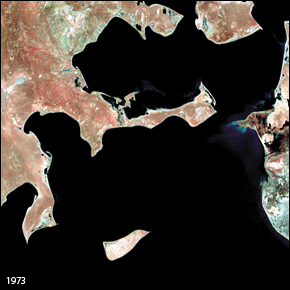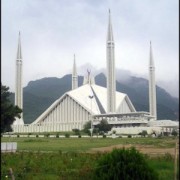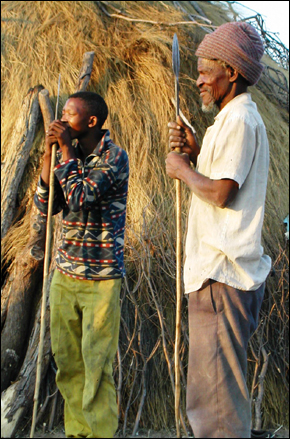International Cooperation Needed to Save Aral Sea, UN Secretary-General
U.N. Secretary-General Ban Ki-moon visits During a visit to five former Soviet republics, U.N. Secretary-General Ban Ki-Moon encouraged Central Asian leaders to work together to keep the Aral Sea from disappearing.
 U.N. Secretary-General Ban Ki-moon has called the diminishing Aral Sea “one of the worst environmental disasters in the world” and asked regional leaders to come together to solve the crisis during a visit to Central Asia, Reuters reports. Once the fourth largest lake in the world, the sea has been shrinking for the past 50 years.
U.N. Secretary-General Ban Ki-moon has called the diminishing Aral Sea “one of the worst environmental disasters in the world” and asked regional leaders to come together to solve the crisis during a visit to Central Asia, Reuters reports. Once the fourth largest lake in the world, the sea has been shrinking for the past 50 years.
Ban flew over the basin in a helicopter to witness the arid salt flats left by the disappearing sea.
The sea began decreasing in size since the 1960’s, when Soviet planners began siphoning off water to increase irrigation for cotton production in Uzbekistan. Since then, the sea has decreased in size by about 70 percent with the remaining water has become more saline, consequently damaging the area’s fishing industry.
“It was a vivid testament to what happens when we waste our common natural resources, when we neglect our environment, when we mismanage our environment,” Ban said, according to United Press International.
The evaporation process has left layers of salty sand in the area, which has plagued residents with health problems reports The Huffington Post. The salty dust can be carried as far away as Japan and Scandinavia by the wind.
Ban was on a visit to the five former Soviet Republics that surround the Aral Sea, to discuss regional cooperation regarding climate change, development and nuclear non-proliferation. Many of these countries sit on some of the world’s largest untapped oil, gas, uranium and gold reserves.
“I urge all the leaders [of Central Asia] including President Karimov of Uzbekistan to sit down together and try to find solutions,” Ban said.
However, resource tension in the water-scarce region cooperation may stand in the way. Before Ban’s visit, Uzbekistan officials made a presentation to the Secretary-General regarding the negative effect dam projects in Tajikistan may have on their country.
While in the Uzbek town of Moynak, a once coastal city of the Aral Sea now surrounded by sand, Ban was met by a group of about 20 townspeople who spoke about the problems the Rogun hydroelectric power plant project in Tajikistan could cause in the area, Reuters reports.
“If Rogun is constructed, we will be in a much more difficult situation,” local teacher Zhanabay Zhusipov told Ban.
Tajikistan wants to build the hydroelectric power plant to help solve the country’s chronic lack of power. The project could nearly double the electrical output in the impoverished country and could be a key source of revenue, reports The Huffington Post.
Sources: Reuters, The Huffington Post, and United Press International .









Please Help save The Aral Sea if it can happen there it can happen anywhere.
Thank You